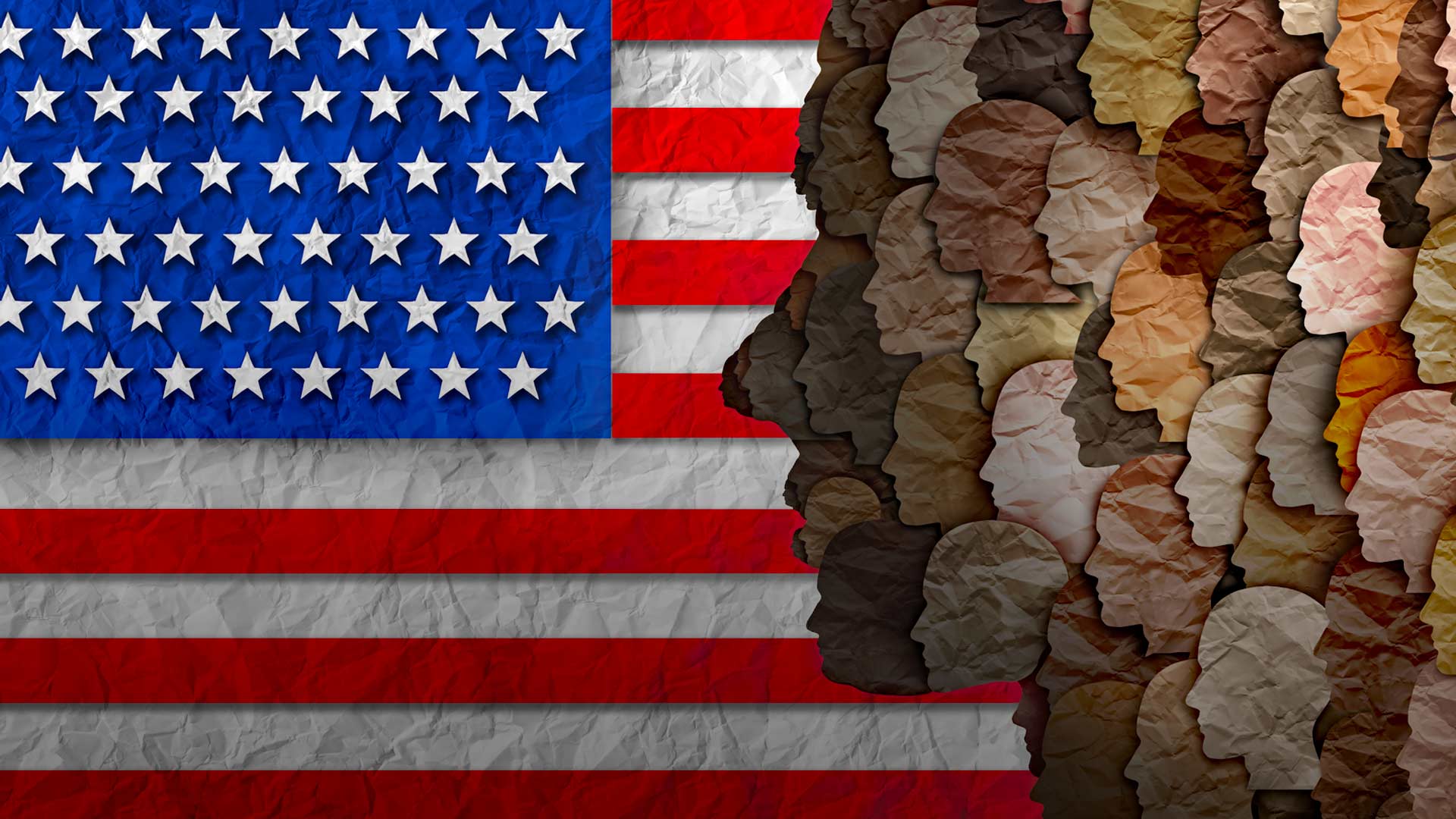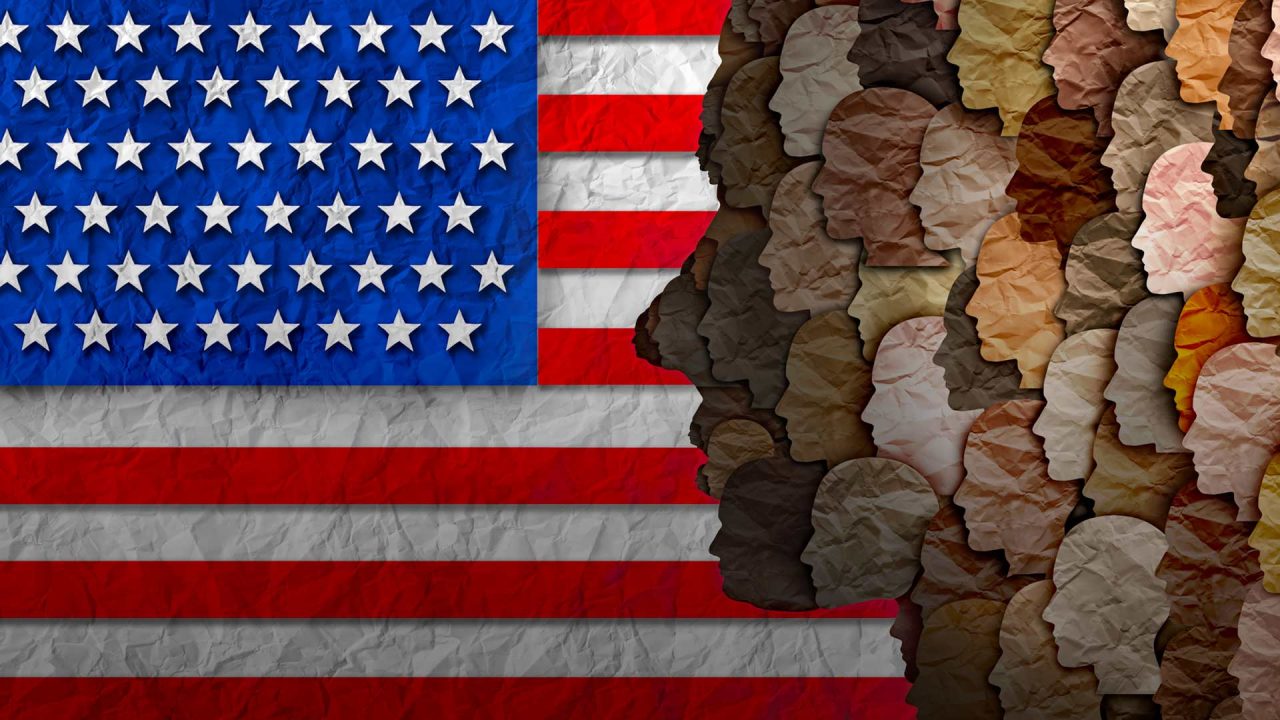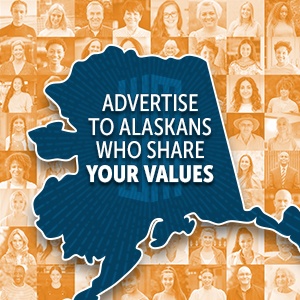
According to prominent American sociologist Joseph Elton, “Acculturation is the adoption of cultural traits, norms and customs by one society from another… There is no clear line [that] can be drawn between acculturation and assimilation processes. Assimilation is the end–product of a process of acculturation, in which an individual has changed so much as to become dissociated from the value system of his group, or in which the entire group disappears as an autonomously functioning social system.”
Acculturation and assimilation by newcomers to a new culture is a personal and self-determined process – the right to make one’s own decisions without interference from others. No one can force a newly arrived legal and properly vetted immigrant to accept the cultural traditions, lifestyle, and customs of his/her new country. The newcomer himself must see a socio–economic necessity and benefits in accepting new traditions and values to ultimately embrace and accept his/her new culture without external influence.
True, for a newcomer’s adaptation, these socio-economic and cultural categories are essential for survival in a foreign environment.
Indeed, language, religion, education, economics, technology, social organization, art, appearance and political structure are typical categories of culture. Culture is a uniquely human system of habits, moral values, and customs carried by the society from one’s distant past to the present.
True, for a newcomer’s adaptation, these socio-economic and cultural categories are essential for survival in a foreign environment. Nevertheless, changing/adapting people’s behavior (e.g., temperament, manners, demeanor, gestures, conducts, actions, bearing, comportment, preferences, motivation, ambition, etc.) is the most critical obstacle for acculturation and assimilation to new cultural traditions. To assimilate to a new socio-economic environment, newcomers often face culture shocks, as I did in my early days in the United States.
I was born and raised in an internationally isolated, socially closed and predominantly Caucasian socialist society—Kiev, former Soviet Union. While riding public transportation in Kiev, I would, occasionally, be in the presence of a student from Africa and, like everybody else, I would stare at this person with an epistemic curiosity. In fact, it was only upon my arrival to the United States (Philadelphia) in February of 1978 that I, for the first time, interacted with black people and other ethnic minorities daily in various public places; I have not had any preconceptions about – or prejudice – toward blacks or other ethnic groups in America – absolutely none.
Initially, as a young emigree in my mid-20s in the United States, I held various menial minimum-wage jobs: shoveled snow, painted houses, assisted in various construction projects, washed dishes, served customers in the restaurants, and participated in several archaeological projects for Temple University, etc. In 1979, I successfully completed the course of study in mixology and customer service and passed all necessary tests given by the Philadelphia Professional Bartenders School.
Soon after my completion of the Bartender School, I was called for an interview in one of the unassuming bars in Southwest Philadelphia, a large area encompassing Philadelphia International Airport and several residential districts, with streets lined with row houses. Southwest Philadelphia’s demographics included a large West African community and a population that was about 70% black, 25% white, and 5% Asian.
Upon arriving for the interview in the early afternoon, the owner of the bar (middle-aged black man) greeted me and briefly checked my credentials. “You must be a qualified bartender,” he acknowledged, glaring directly into my eyes. “But look around you, what do you see?” he continued, pointing to the surroundings. There were half a dozen black customers in the smokey bar observing the scene of the interview. “You will never make it here, you don’t belong here,” declared the owner and showed me to the door.
A week later I found a bartending job in the Greek “Dionysus Restaurant” in Society Hill, which is nestled in the heart of historic Philadelphia, a picturesque enclave known for its well-preserved Georgian and Federal-style homes. For about a year, I sincerely enjoyed my work, as well as my humorous Greek coworkers, traditional Greek dancing, generous customers, delicious food and the authentic environment of the restaurant until I departed for the Graduate School of Brown University in Providence, Rhode Island in the Fall of 1980.
ALASKA WATCHMAN DIRECT TO YOUR INBOX
In 1983, after receiving my M.A. in anthropology from Brown University, I was enrolled in the Ph.D. program in anthropology at Bryn Mawr College until the Summer of 1985. Bryn Mawr is located on the Main Line of the western suburbs of Philadelphia along Lancaster Avenue. It is a long-established upper-middle class area.
My stipend at Bryn Mawr College was only $400 per month; I had to supplement my income by working the night shift as a security officer at Bryn Mawr College and as a waiter in a small restaurant for several hours in the early afternoon. The restaurant was owned by a Jewish family and mostly visited during lunch hours by middle-aged, elderly, white customers from the neighboring cities. The ambiance in the restaurant was pleasant and the food was delicious.
Frankly, I was a lousy waiter – always tired after my night shift and mentally preoccupied with my studies. However, my coworker, a young black man in his early 20s, was a thorough and energetic waiter. He was quick, disciplined, punctual, served customers efficiently and remembered all items on the menu from A to Z. He was also a hard-working student at Philadelphia Community College. In observing this young man and his work ethic, I could predict that he was going to succeed in life and fulfill his dreams and aspirations. And, eventually, regardless of his race and ethnic background, all doors would be open for him in our country.
Indeed, the process of acculturation and assimilation can be long and turbulent for many legal newcomers. It is critical, therefore, for American society to be inclusive, tolerant and educated in cross–cultural communication to welcome legal and properly vetted newcomers to our multi-ethnic and exceptional country.
The views expressed here are those of the author.








5 Comments
Alexander, I could not agree more. Where you are from is of no consequence to society. Your desire to be an American is paramount to success in this country.
I grew up admiring the work ethic of immigrants and their genuine appreciation of the opportunities open to them in America.
My kids are seeing something completely different today, with millions of illegal immigrants, gang members, thugs, and drug dealers entering our country at alarming rates and being housed, fed, and cared for by our tax dollars. Entire hotels in New York, Massachusetts, and elsewhere have “no vacancy” because the government is paying them to house illegal immigrants. We are being flooded with violent criminals from many countries -check these stats:
ICE Director has confirmed in a letter that the following foreign criminals are known to have been apprehended & then released upon entering USA illegally:
13,099 CONVICTED MURDERS
15,811 CONVICTED RAPISTS
350 KNOWN TERRORISTS
In addition:
1,500 Charged w/murder evading trial
1,300 Charged w/sexual assault evading trial
All in, a total of 425,431 CONVICTED criminals.
Again, this is among those actually apprehended at the border and then released. Numbers among those never apprehended are unknowable.
All of them are roaming FREELY in the USA.
I hope you will consider writing on column which considers both appreciation for cross-cultural communication and the need -and inherent right- of individual countries to maintain their borders.
I absolutely agree with you. My article is about legal and properly vetted immigrants.
No. Legal immigrants prior to Obama had to learn English, attend classes on citizenship, including how the government works, understand the Constitution, have job before they came, have a sponser, before they came here. They had to take a test on the citizenship, government, and Constitution. Learning English is a survival skill. No English, no job. We need to go back to that system. We accept the newcomer, not the other way around. Once sworn in, one is an American and the great melting pot will do the rest. Either they figure it out, or they’ve wasted a lot time for nothing. They are always free to leave. This is the greatest country in the world, No culture stands above us, that is until Obama and Joe Biden. Harris will force a civil war. The Republic is in jeopardy. I find it interesting that the Watchman published Dolitsky’s piece. He has the viewpoint of a true academic. Whyh the U.S. must be judged and accepted by the superior foreigner who comes for a better life. They come here, no one goes there. My parent’s-in-law took in Armenian residents of the former Soviet Union in the early 80s. The had to do what I stated above. I still remember he conversations I had with the patriarch of the clan taken in. Serious chess player. Good people. However, they came to love this country, because they could speak their minds. Not so today with DEI, CRT and the cancel culture that is alive and well in the UofA and our schools.
Larry, it is all true. I agree with you. I took a citizenship test in 1983 and passed it. According to immigration laws of the United States, four groups of people are not allowed to immigrate to our country: economic immigrants, mentally ill individuals, people with criminal records, and members of the Communist Party. We must comply with the laws of our Land and stop illegal immigration to our country. Period. Only political refugees can enter the country legally. I left the former Soviet Union in 1977 and arrived in the United States in February of 1978 under the political refugee program. I wrote several articles on this subject that were published by Watchman. Please check Watchman’s archive for my articles related to this subject.